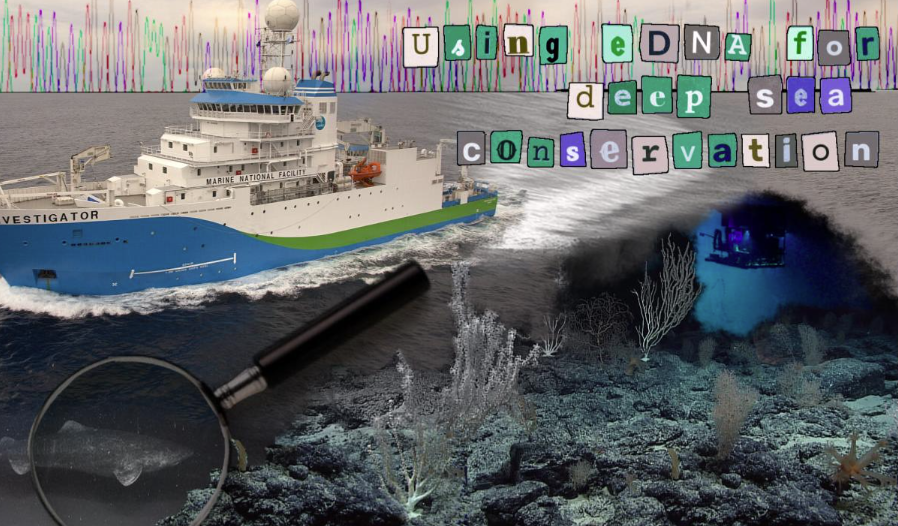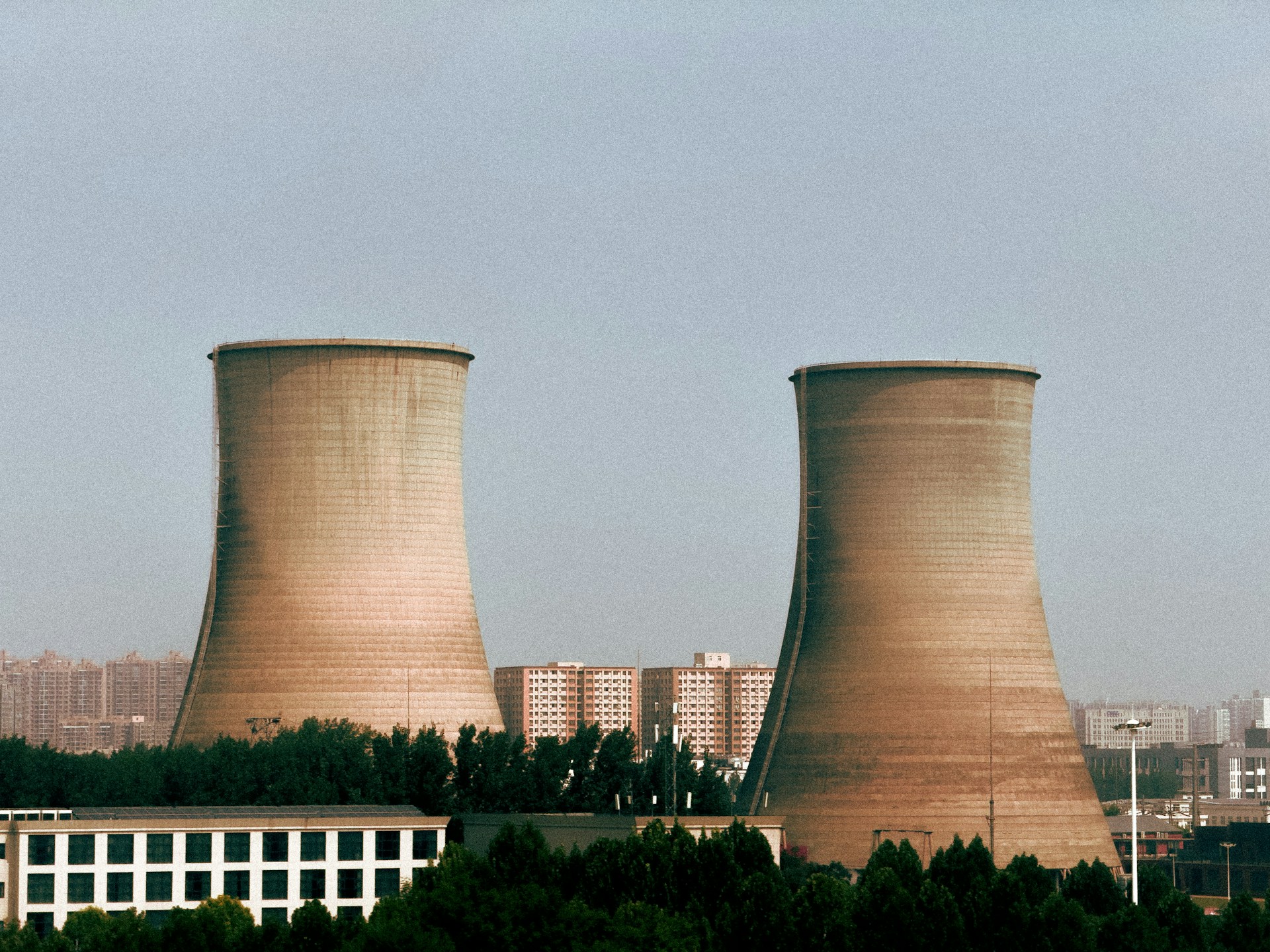Joshua Mitchell
With the pandemic likely drawing to an end, mass vaccine rollout for COVID-19 underway, and climate change issues very much in the mainstream, science has never been so broadly and so prevalently in the headlines. While this undoubtably sparks interest and inspiration, the increasing incorporation of political themes is sowing distrust, ultimately undermining what science is about altogether.
According to polling1, 71% of the U.K. general public ‘tend to trust’ scientists, with 11% saying they do not trust them. However, when broken down in terms of Leave voters and Remain voters, their average responses differ by 20%, with Remain voters more trusting of scientists on average. This kind of political division in opinion is nothing new and is seen on a number of key scientific issues.
There’s arguably no issue more politically divisive than that of climate change, which is unfortunate given the immense global cooperation required to tackle the issue. 79% of left-leaning democrats say that the earth is warming mostly due to human activity, compared to only 15% of conservative republicans. Republicans are also much more likely to believe that climate scientists’ findings are mostly influenced by their own political leanings2. There are undoubtably many reasons for this disparity, but scientific education is surprisingly not one of them with increasing scientific literacy actually decreasing trust in climate scientists among republicans3,4. This goes to show that political forces can often overpower one’s own factual basis, and that partisan tribalism has no place in scientific discussion.
In 2020, the scientific journal Nature openly endorsed U.S. presidential candidate Joe Biden and many other prominent journals, such as the Lancet, followed suit5. But it doesn’t matter that Biden was the superior candidate for scientists – scientific institutions shouldn’t be involved in political endorsements at all. The U.S. president directly influences scientific policy and research, so it might make sense for journals to back a specific candidate who will have more of a positive effect in this area. However, if journals openly have political interests and biases, how can they be free from conflict of interest in terms of the types of studies published, especially those with political consequences? I think most people would agree that research should be published based on the merit of the work and not the political leanings of the authors. Are people really wrong to distrust scientific organisations, if they have a political bias on their very face?
Politicians themselves don’t help either. For example, U.K. health secretary Matt Hancock has said on numerous occasions that the U.K. government has been ‘following the science’ in regard to various coronavirus policy decisions. Many U.S. senators have also used this classic line. The problem is, there’s no such thing as the science. With a situation as complicated as the coronavirus pandemic, any decision, such as whether to institute a national lockdown or whether to close schools is an incredibly difficult one, with an extremely diverse set of variables to account for. ‘Science’ will not tell you whether schools should remain open or whether certain sporting events should be allowed to take place.
What science can offer is data, analysis of which can yield both pros and cons to all aproaches, and rarely do all scientists agree. For politicians to claim that their complex policy decisions are incontrovertible because they’re ‘following the science’ is irresponsible and misleading.
Involving politics in scientific research is also problematic in areas such as psychology, where many uncomfortable subject areas are investigated such as inequality vs inequity, discrimination, and the psychological characteristics of liberals and conservatives. With only 5-8% of academics in the social sciences identifying as conservatives, there’s a danger these fields and many others are seen as having a liberal bias. Some studies6 have suggested that such political homogeneity risks less rigorous scrutiny of certain papers when the overall conclusion is in agreement with liberal ideas, and more rigorous scrutiny when the conclusion undercuts these values. This kind of groupthink is something to be avoided, both to ensure public trust in all fields of science are maintained, but also to ensure the quality of the research itself. I see no benefit of increased polarisation and politicisation to any field of scientific research.
This has never been more important. If a large chunk of the population were to refuse to get vaccinated due to their own erroneous beliefs and distrust of experts, there could be serious consequences for the country, including many preventable deaths. If partisanship leads to a lack of action on climate change, this could have profound future consequences. These just aren’t issues where it’s acceptable to outcast all those who disagree. For these kinds of issues as many people need to be on board as possible, and stripping back all the unnecessary politics would go a long way, benefitting us all in the long run.
References
- https://yougov.co.uk/topics/politics/articles-reports/2017/02/17/leave-voters-are-less-likely-trust-any-experts-eve
- https://www.pewresearch.org/science/2016/10/04/the-politics-of-climate/
- https://www.nytimes.com/interactive/2017/11/14/upshot/climate-change-by-education.html
- https://www.wired.com/story/americans-trust-scientists-until-politics-gets-in-the-way/
- https://www.forbes.com/sites/brucelee/2020/10/15/nature-endorses-joe-biden-latest-top-scientific-journal-to-condemn-trumps-actions/?sh=31888e89232e
- https://www.cambridge.org/core/journals/behavioral-and-brain-sciences/article/abs/political-diversity-will-improve-social-psychological-science1/A54AD4878AED1AFC8BA6AF54A890149F#ref48
photo credit: “Right-Wing Republicans vs. Corporate Democrats vs. Progressive Populists” by Truthout.org is licensed under CC BY-NC-ND 2.0





